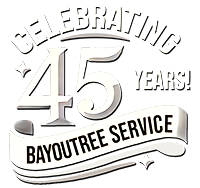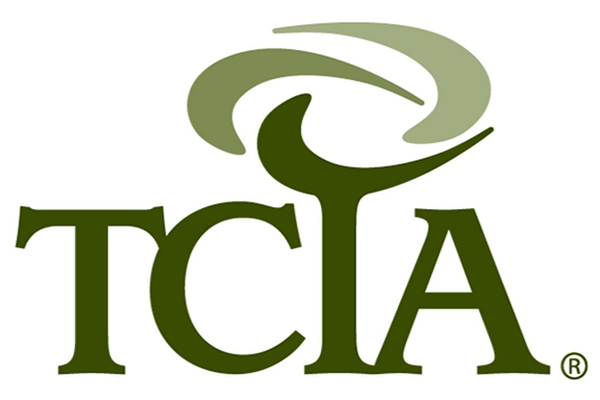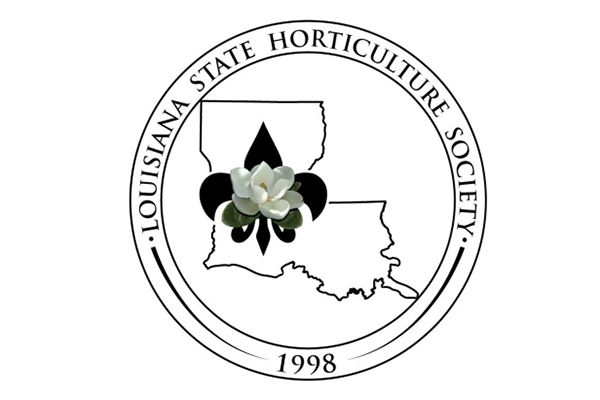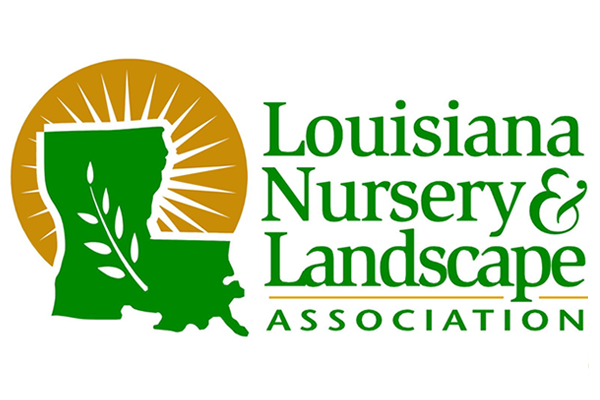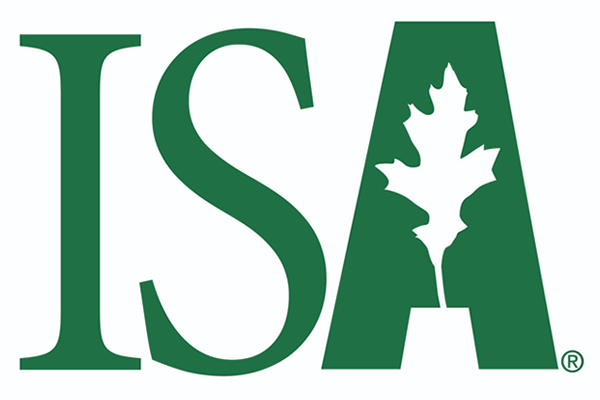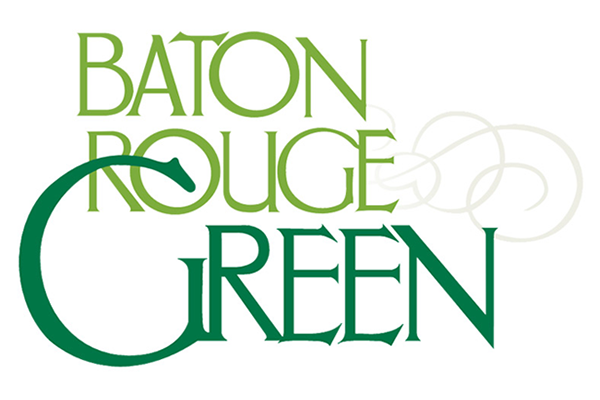General Questions
An arborist is a trained specialist in tree care, equipped to ensure the health, safety, and longevity of your trees. Proper tree care is an investment that enhances your property’s beauty and value, while neglect can lead to hazards and liabilities.
Hiring a certified arborist ensures:
- Expert Care: Arborists understand tree health, growth, and maintenance needs.
- Safety: Tree pruning and removal—especially for large trees—can be dangerous without the right training and equipment.
- Long-Term Value: Well-maintained trees boost curb appeal and property worth.
For professional tree care that protects both your trees and your property, trust a certified arborist.
An arborist should be consulted during the planning and design phase—before construction begins. Architects and engineers may not fully understand how their designs impact existing trees or how trees might affect structures over time.
Bringing in an arborist early helps:
- Protect valuable trees from construction-related damage.
- Ensure trees and structures can coexist without long-term issues.
- Prevent costly tree loss that could impact property value and aesthetics.
Early arborist consultation ensures a well-balanced landscape, preserving both tree health and structural integrity.
A Certified Arborist is a trained professional specializing in tree care, maintenance, and health. Certification through the International Society of Arboriculture (ISA) is a voluntary, non-governmental process that validates an arborist’s expertise.
To become certified, an arborist must:
- Have at least three years of experience in tree care.
- Pass a comprehensive exam developed by leading experts.
- Stay current with continuing education to maintain certification.
Certified Arborists are up-to-date on the latest techniques and best practices in arboriculture, ensuring expert care for your trees.
No, TCIA accreditation is a prestigious distinction that signifies a tree care company meets the highest industry standards for safety, professionalism, and expertise. Bayou Tree Service is one of only two tree care companies in Louisiana to achieve this honor, demonstrating our commitment to excellence in arboriculture.
Tree care pricing can vary widely, as the industry is often misunderstood. If you receive quotes from multiple companies, you may see different recommendations and pricing—even for the same job.
Most reputable tree care companies calculate costs based on:
- Labor hours required to complete the job
- Equipment needed for safe and efficient work
- Disposal and material costs
- Job complexity and risk (e.g., hazardous removals cost more)
- Site conditions, such as landscaping, patios, or structures that require extra care
Dangerous or time-intensive jobs are often priced higher due to unforeseen challenges. Hiring an experienced arborist ensures accurate pricing and safe, professional work.
Tree Questions
The ideal time to prune depends on the type of tree, the season, and your specific goals. In the South, most trees can be pruned year-round, but timing is crucial if you want to preserve flowering and fruit production.
- For Flowering Trees: If crown reduction is needed, prune after flowering to avoid reducing blooms and fruit yield. Pruning before flowering can limit both.
For personalized tree care recommendations, consult a certified arborist to ensure optimal tree health and growth.
Most deciduous hardwood trees, such as oaks and elms, benefit from annual fertilization—but not all trees require the same nutrients. Fertilization needs vary based on species, age, and overall health.
In a natural forest, trees self-fertilize as fallen leaves decompose, replenishing the soil with essential nutrients. However, in urban and residential landscapes, we often remove leaves and introduce grass and shrubs that compete with trees for nutrients. Proper fertilization in these settings helps mimic nature’s process, ensuring trees receive the nutrients they need to thrive.
For best results, consult a certified arborist to determine the right fertilizer mix and schedule for your trees.
We recycle all tree debris by grinding it into nutrient-rich mulch, which can be used for gardening and landscaping. This process ensures that your yard waste is repurposed into a valuable resource, reducing landfill waste and promoting a sustainable, eco-friendly cycle. By giving your tree debris a second life, we help protect the environment while enhancing soil health and plant growth.
Planting trees offers numerous environmental, economic, and social benefits:
- Cleaner Water: Trees filter pollutants, making water safer for drinking and wildlife.
- Fighting Climate Change: Planting 30 trees a year can offset greenhouse gas emissions from your home and car.
- Improved Air Quality: Trees absorb pollutants and release oxygen, helping everyone breathe easier.
- Cooling Effects: Tree shade and moisture reduce air, land, and water temperatures.
- Wildlife Habitat: Trees provide shelter and food for countless species, from birds to fish.
- Energy & Cost Savings: Trees lower cooling costs and help manage stormwater runoff.
- Community & Legacy: Trees commemorate special moments, improve neighborhoods, and contribute to large-scale reforestation efforts.
Every tree planted makes a difference! Whether for environmental impact, wildlife, or personal meaning, planting a tree is a simple yet powerful way to shape the future.
Yes! For over 20 years, Bayou Tree Service has specialized in selecting and installing large trees (30-gallon to 700-gallon). Our expert team hand-selects high-quality trees from across the South to ensure they thrive in your landscape. With our professional installation, you can enjoy the beauty and benefits of mature trees from day one.
Yes, you can! However, tree size may be a limiting factor. Trees ranging from 30 to 65 gallons are manageable with a pickup truck or small trailer and some extra hands. Larger trees typically require heavy equipment for proper handling and installation.
Keep in mind that self-planted trees do not come with a warranty. For guaranteed success and professional care, consider our expert installation services.
